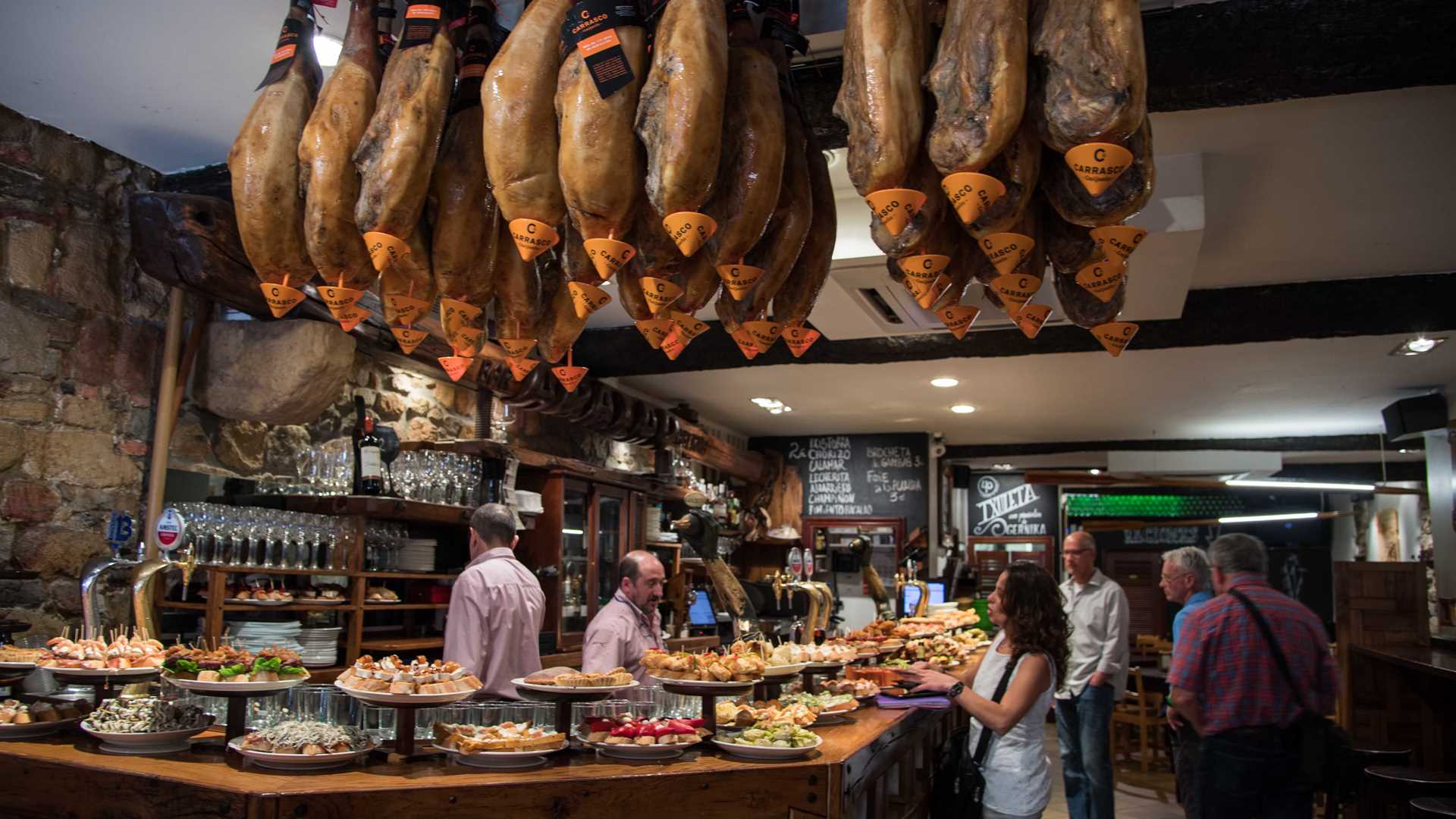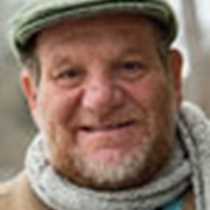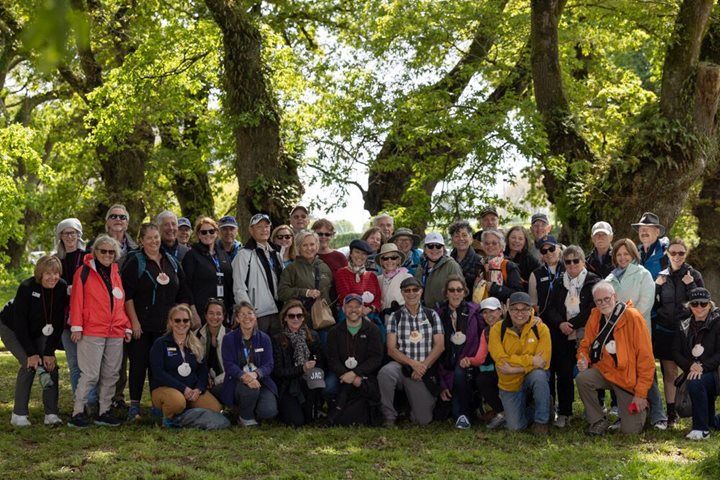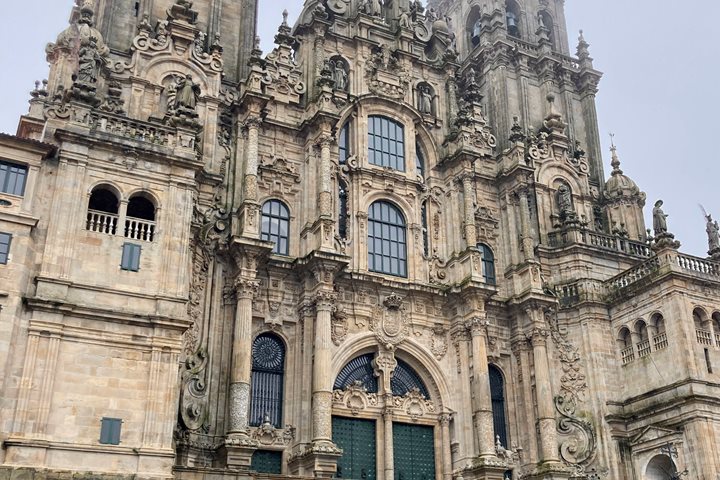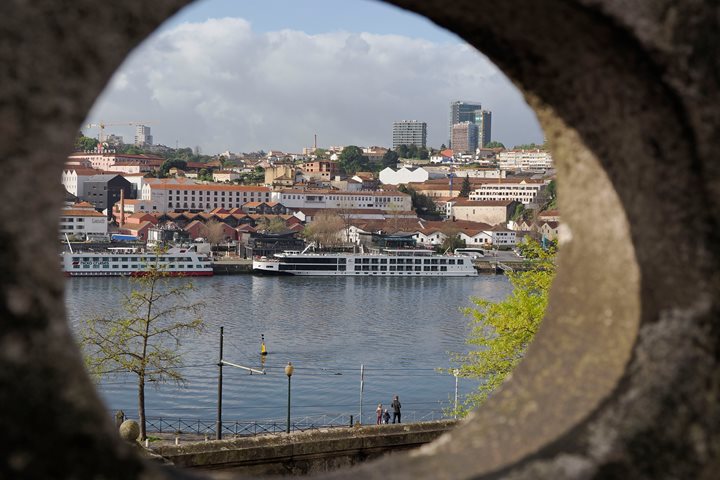After a calm night sailing along the Basque Coast, we reached the stunning bay of St.-Jean-de-Luz (or Donibane Lohitzune in Basque language) early in the morning. Located on the French part of the Basque Country, St.-Jean-de-Luz combines traditional Basque architecture found in the interior of the village with stately mansions that have an important French influence. This is due to the fact that in the 17th century the town transitioned from being one of France’s most important fishing ports, from where whale hunting and cod fishing expeditions were departing to Newfoundland and Labrador Peninsula, to become the centre for Basque corsairs. Nowadays, the incredible wealth that they looted and plundered can still be seen.
Following the coast northward, Biarritz is one of the oldest beach resorts in the world, while Bayonne (or Baiona in Basque) has been boasting of its chocolates since the French Revolution guaranteed Jewish people the full rights of citizenship.
At noon, we departed from the French side of the Basque Country back to the Spanish side, entering the natural narrow-entrance to the port of Pasaia. From here, the majestic city of San Sebastian (or Donostia in Basque) hosts one of the most beautiful urban bay and beaches of the world. Luxurious beachside mansions run along La Concha and Ondarreta Beach and its boardwalk is lined by an ornate white railing that has become the symbol of the city. In recent years, Donostia has gained significant important for its spectacular cuisine and the wonderful Basque gastronomy; the city alone has 15 Michelin stars spread across seven restaurants and it famously boasts more stars per capita than anywhere else in the world other than Tokyo. Furthermore, it is also famous for being the origin of the famous Basque “pintxos” (miniature cuisine pieces of food) that are nowadays filling the bar counters of the cute old quarter.
Finally, we did not have a better option than to end the day in a traditional Basque cider house, where a typical Basque-style menu of food was fueled by an unlimited amount of cider, and while the best “trikitixa” (Basque small accordion) player, Kepa Junkera, and his witches offered us a wonderful Basque folk introduction.

